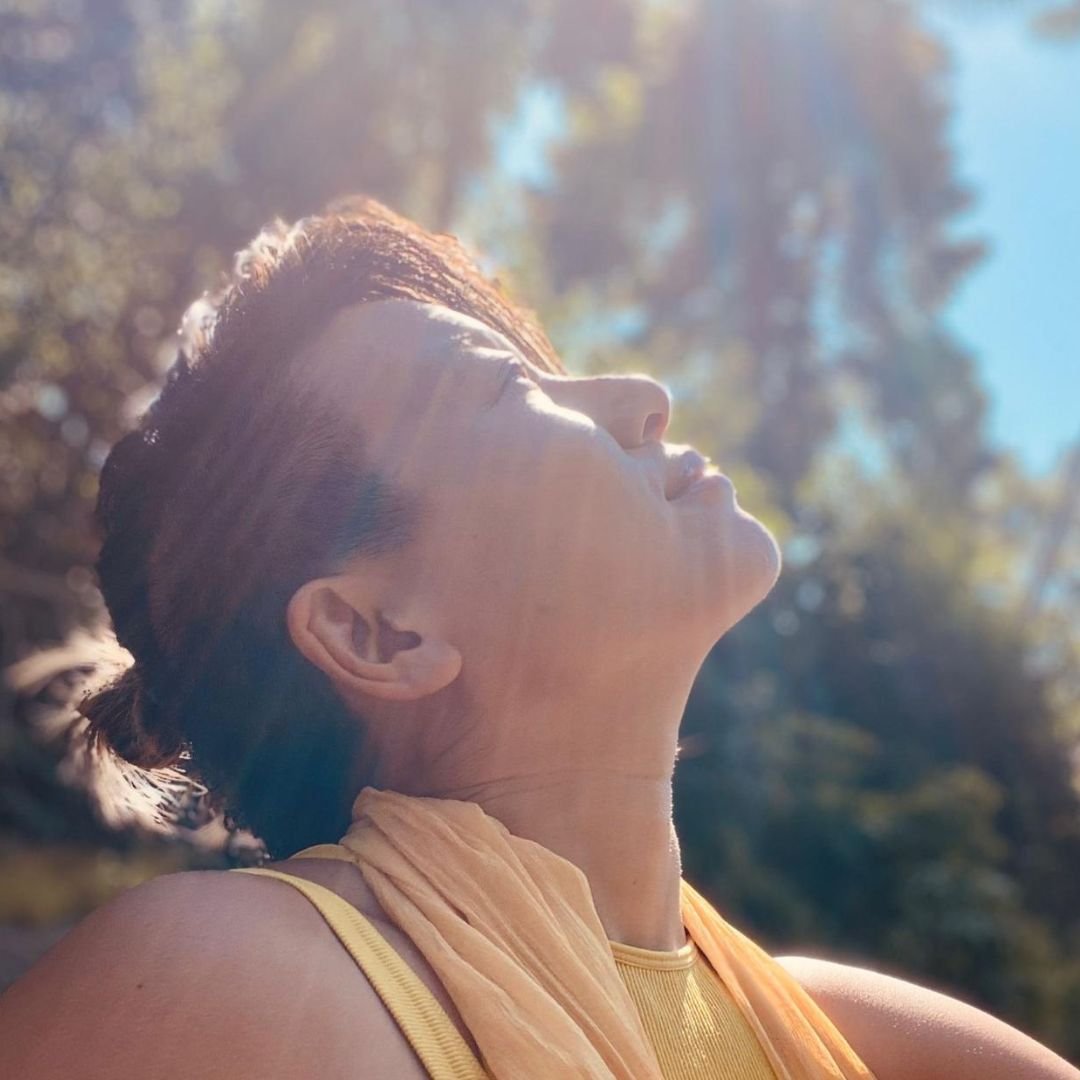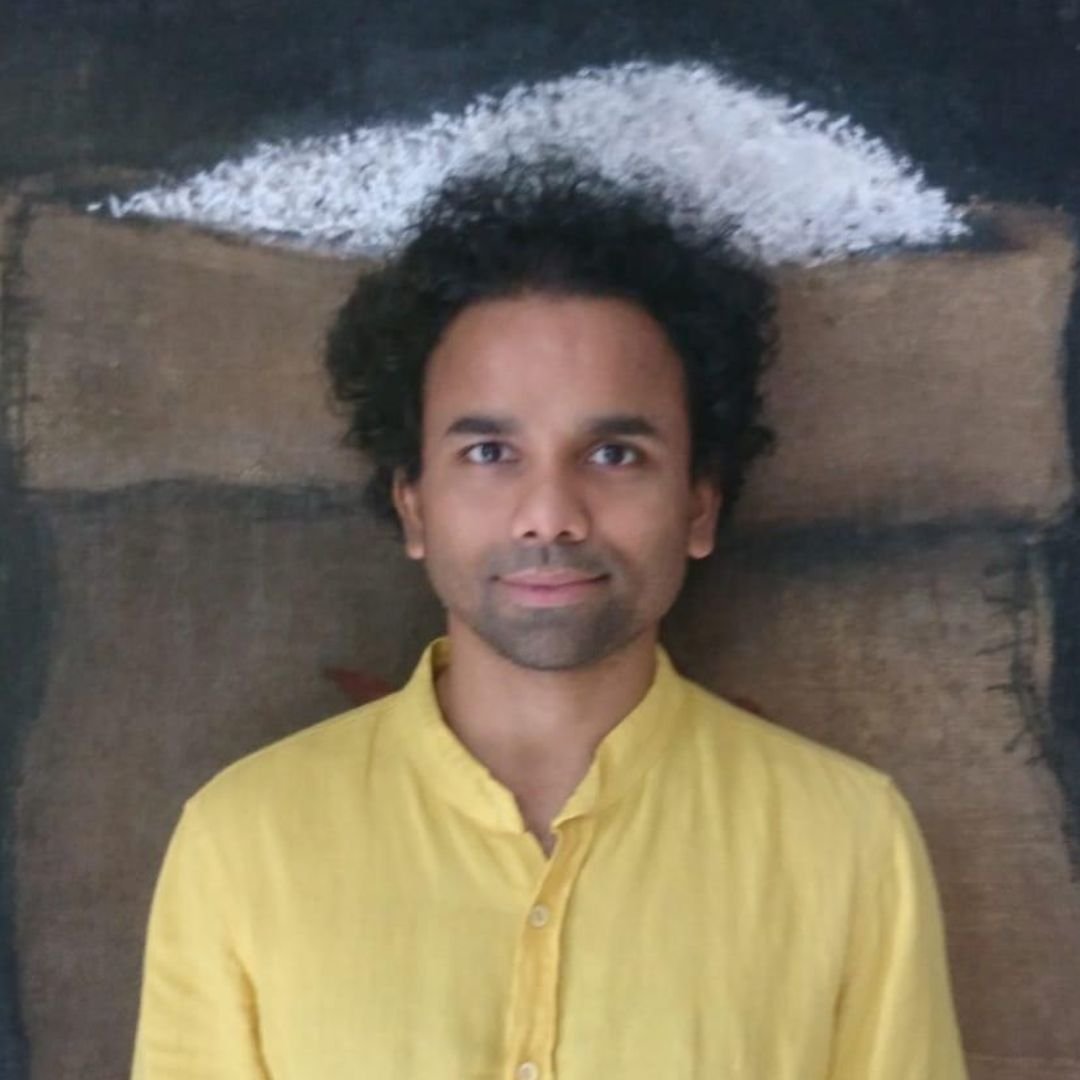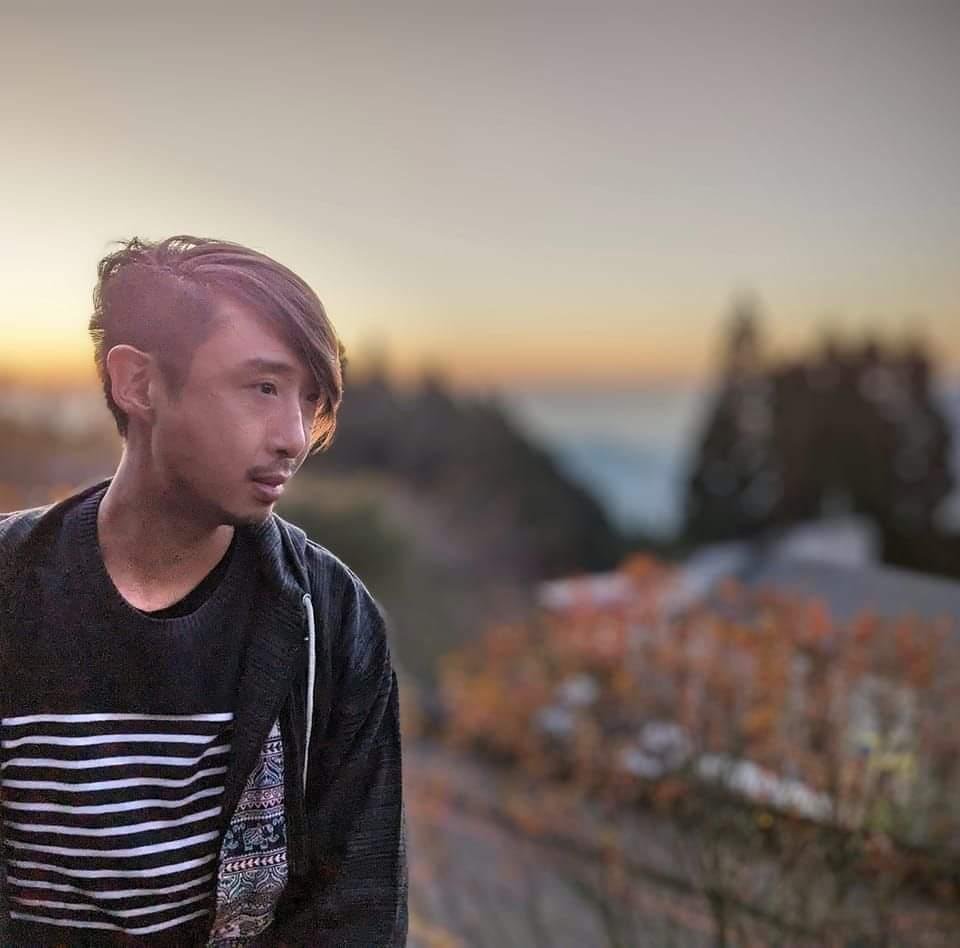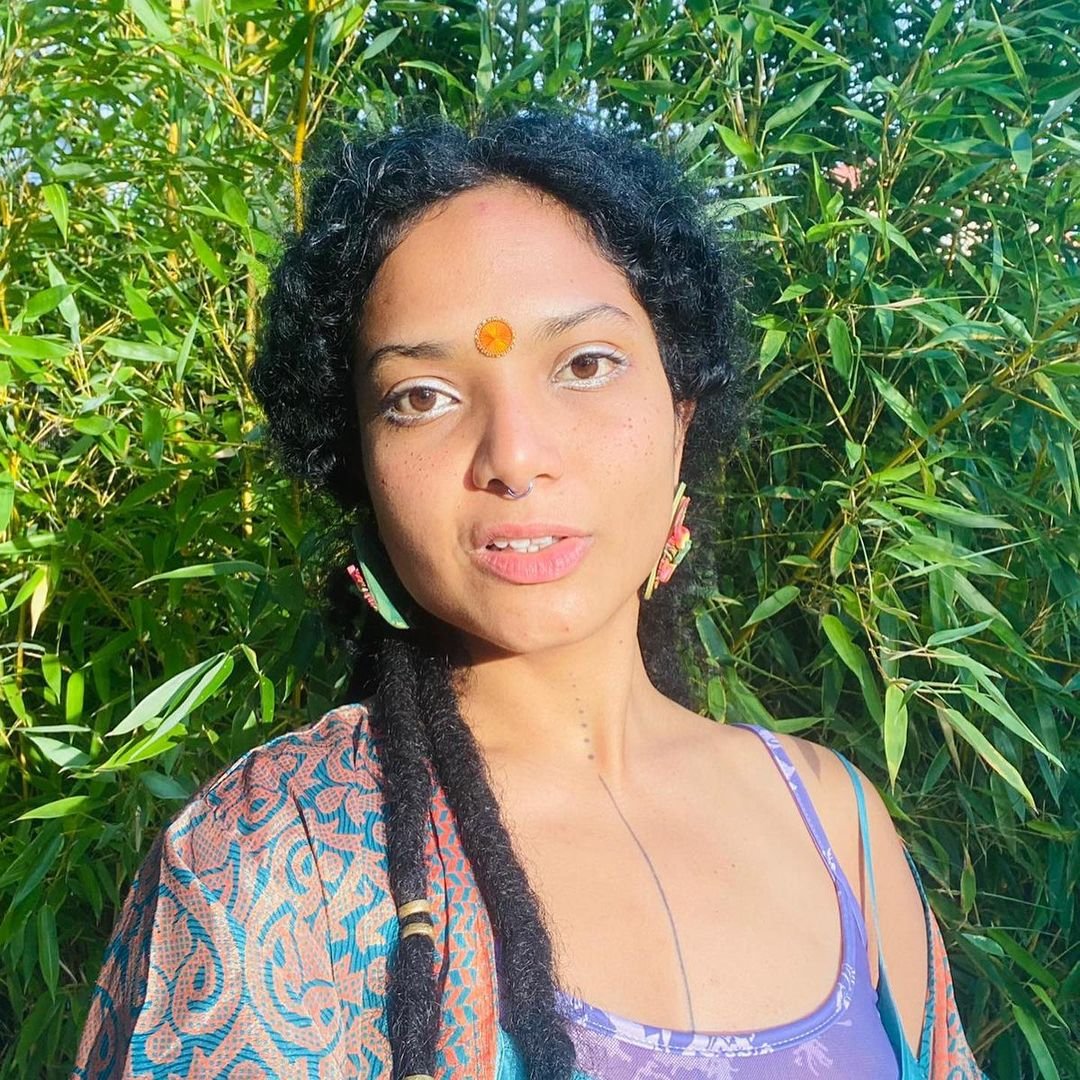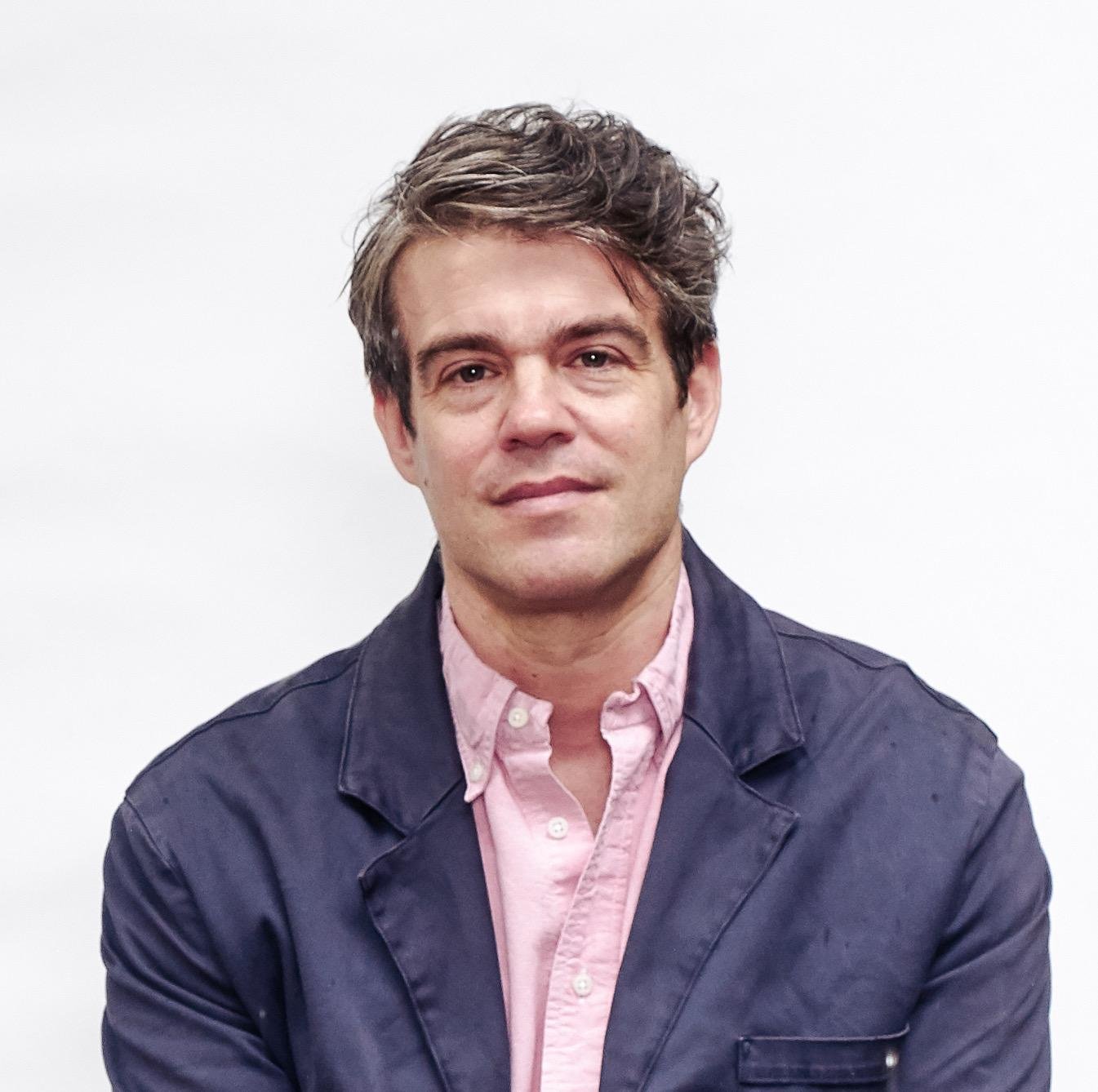Pecha Kucha Micro-Presentations by Opens
Since May, CoThink Lab Fellow Opens has invited artists, academics, and activists invested in spiritual knowledges and practices to participate in Critical Spirituality, a programme series examining the place(s) of the spiritual in the contemporary world.
Opens was happy to gather some of its collaborators together once again for Postcritical Spirituality, an evening of Pecha Kucha micro-presentations followed by a free-and-easy community mixer.
Pecha Kucha Micro-Presentations
My Journey into Buddhism as a Non-binary Girl
Micro-Presentation by An Ding
This micro-presentation was an intimate, heartfelt sharing of An Ding’s unusual, winding journey into Buddhism by way of Christian Evangelicalism, atheism, and interfaith exploration. Through a mix of anecdotes drawn from her spiritual journey and personal meditations on Buddhist scriptures and practices, she offered an inspiring tale about finding queer affirmation through spiritual practice, and a glimpse into the work that could be (and is being) done to transform traditionally conservative communities and environments.
Threshold, Frontline, Frontier: Biodynamics in Struggle & The Power of Witness
Micro-Presentation by Meli Chan Lee
How can body-centered healing practices attuned to our original embodied being-states also nourish political action and enable collective repair? Through personal anecdotes gathered from her experiences in activism, performance, and therapeutic practice, Meli Chan Lee’s micro-presentation encouraged us to tap into our bodies’ potentials to better awaken and amplify consciousness, offering strategies for expanding our thresholds to receive the vibrant life-forces within and around us.
Cow, Union Buster!
Micro-Presentation by Parashar Kulkarni
Did the spread of the cow protection movement in colonial and postcolonial India encourage identitarianism and erode working class solidarity? Reviewing the situation in and around industrial cotton mills from the onset of the industrial revolution in India to the 1990s, Parashar Kulkarni’s micro-presentation discussed how the cow, a sacred symbol in Hinduism, was appropriated and weaponised in the anti-labour strategies of mill owners, political leaders, and pro-capitalist governments, becoming symbolic of new collusions between religion, politics and capital.
A Study of Redness: the Scarlet Woman & the Red Man
Micro-Presentation by Jireh Koh
In this micro-presentation, Jireh Koh discussed findings from his interdisciplinary research on mythology, theology, and meaning-making practices, focusing on a pair of enigmatic red-hued figures: the Scarlet Woman and the Red Man. Tracing the controversial, ambivalent roles played by these recurring figures across different religious/spiritual traditions, from Christianity and modern western esotericism to Hinduism and (Greco-)Buddhist thought, Jireh took the motif of redness as an entry point towards reflecting on a range of pressing themes, including gender roles, the abject, and the use of subversion and transgression as means for reclaiming power and agency.
Convergent Shamanism Through A Diasporic Lens
Micro-Presentation by Arunditha Emmanuel
Shamanism is arguably the most ancient and universal form of human spirituality, with multiple shamanisms arising around the world and throughout (pre)history in a kind of convergent evolution. Drawing on ethnographic materials and personal insights and experiences, Arunditha Emmanuel’s micro-presentation discussed some of the techniques and principles that guide her own neo-shamanic practice, offering a glimpse into the cosmological schema of one shamanic being.
Spectro-Commodities: A Very Brief Introduction
Micro-Presentation by Joshua Comaroff
It might seem curious that ghosts and spirits in Singapore are widely believed to be covetous, up-to-date consumers. Whereas “spectral theory” in the West often associates the ghost with the immaterial, the historical, and with lack, a rich and wildly diverse economy of offerings and other goods, including effigies modeled after luxury cars, designer clothes, gourmet foods, and the latest tech (not to mention absurdly exorbitant sums of hell money), has evolved to cater to the needs of the non-living here. In this micro-presentation, Joshua Comaroff shared some of his research into past and present conventions for ancestral gift-giving, and explored the questions that emerge around this medium of popular religious aesthetics.
-
An Ding is a reader, writer and educator broadly interested in the theology, practices, and material cultures of all world religions. Her latest book, "Phoenix Rising: A Memoir about being Bipolar, Gay and Christian," chronicled her experiences undergoing conversion therapy, navigating the mental healthcare landscape in Singapore, and negotiating her various intersectional identities. She volunteers with Rainbodhi Singapore, a spiritual friendship group for LGBTQIA+ Buddhists, and is currently working on a book about sex, queerness & Buddhism with Kyle Neo, founder of Rainbodhi Singapore.
-
Meli Chan Lee is a craniosacral therapist working between clinical and psychospiritual modalities with a background in dance improvisation/performance, critical studies and community organizing. An anthropologist and activist by training, she has most recently been working with collaborative transnational teams on generating new models for ritual, healing, and breath- and body-work for civic society frontliners in East and Southeast Asia. A child of Asia and the US, her BA in Anthropology, Theatre, and Peace & Conflict Studies is from Swarthmore College, PA.
-
Parashar Kulkarni is an author, documentary filmmaker and an assistant professor working at the intersections of religion, history and material culture at Yale-NUS. He has published in literary and academic journals such as Granta, The Sociological Review, Boston Review, Social Science History, and the British Journal of Political Science. His writing has received several prizes including the British Academy’s Brian Barry Prize, Boston Review Aura Estrada Prize, and the Commonwealth Writers Short Story Prize. His first novel, Cow and Company, published by Penguin Random House Viking, is about the interactions of religion and capitalism under colonialism.
-
Jireh Koh is a multidisciplinary artist and arts educator whose eclectic practice spans visual art, sound, movement and performance. His recent work draws especially on his research into comparative theology, mythology, and world esoteric practices, as well as his background as a Hindu-Buddhist Tantric practitioner. Jireh has exhibited on many occasions locally and abroad, including, most recently, at the group show Leave Nothing But Footprints co-organised by The Artist Village and L’Observatoire at Starch. He is also a classically trained vocalist who performs with VocaSong Ensemble.
-
Deborah Arunditha Emmanuel is a performance artist and writer working between poetry, sound, movement, and the dramatic arts. She has performed at many events and festivals locally and worldwide, winning poetry slams in Singapore, New Zealand, Germany and Australia. She has been resident writer/artist at the Watermill Center in New York, Literarisches Colloquium in Berlin, and The Marpha Foundation in Mustang. She makes neo-shamanic tribal funk music with Mantravine and co-organises Opens, a para-academic forum based in Singapore.
-
Joshua Comaroff is a geographer and assistant professor of urban studies at Yale-NUS College and a designer at Lekker Architects. He studied literature and creative writing at Amherst College before joining the Master of Architecture and Master of Landscape Architecture programmes at Harvard. In 2009, he completed a PhD in cultural geography at UCLA, writing on the subject of haunted landscapes and urban memory in Singapore. In recent years, he has written about architecture, urbanism, and politics with an Asian focus, and is the co-author (with Ong Ker-Shing) of Horror In Architecture (2013).
Opens is a para-academic forum based in Singapore. Against the authoritarian-technocapitalist enclosure of the physical and discursive spaces of our island-city-state, they experiment with modes of discourse-making, space-making, and conceptual research & development intended to catalyse speculative incursions into other possible futures. Opens consists of an informal network of co-conspirators. The administrative and organising labour is currently performed by founding co-organisers Helios Singh Bajwa and Arunditha Emmanuel.

